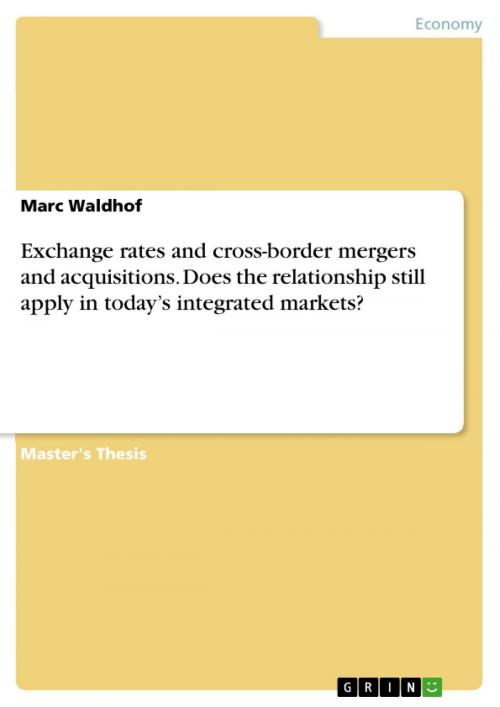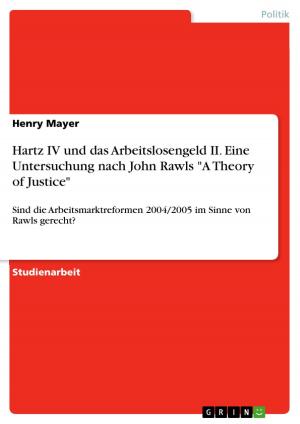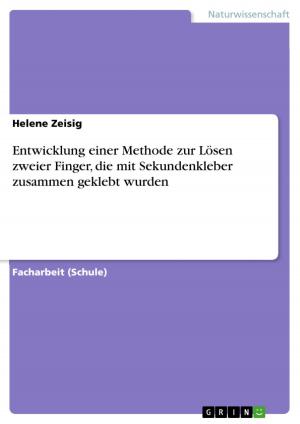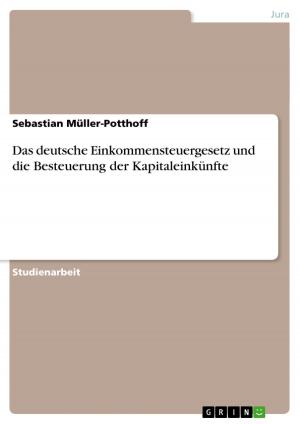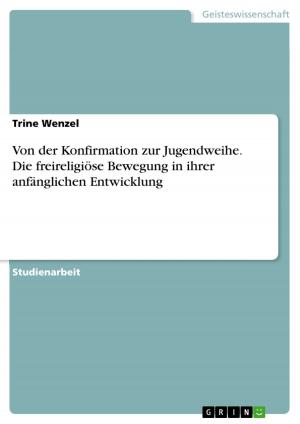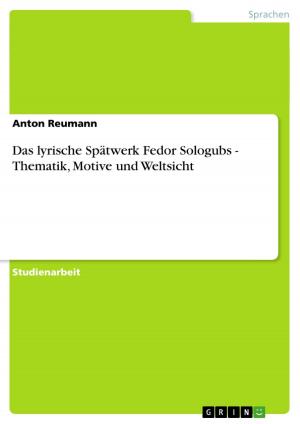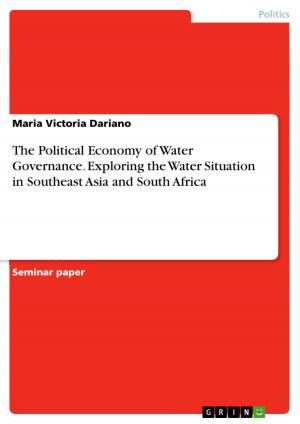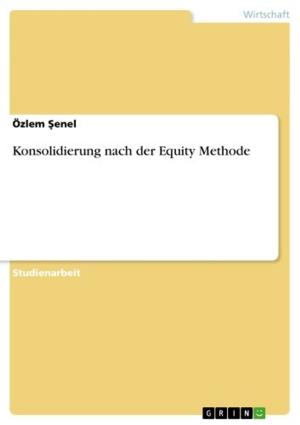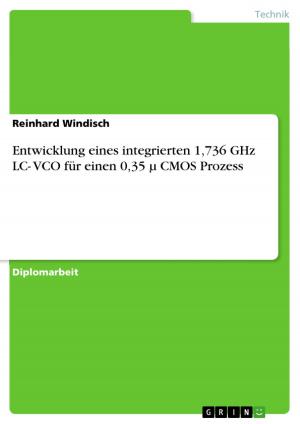Exchange rates and cross-border mergers and acquisitions. Does the relationship still apply in today's integrated markets?
Business & Finance, Finance & Investing, Finance| Author: | Marc Waldhof | ISBN: | 9783668023901 |
| Publisher: | GRIN Verlag | Publication: | July 29, 2015 |
| Imprint: | GRIN Verlag | Language: | English |
| Author: | Marc Waldhof |
| ISBN: | 9783668023901 |
| Publisher: | GRIN Verlag |
| Publication: | July 29, 2015 |
| Imprint: | GRIN Verlag |
| Language: | English |
Master's Thesis from the year 2014 in the subject Business economics - Investment and Finance, grade: Distinction, University of St Andrews (School of Economics and Finance), course: MSc Finance, language: English, abstract: The link between exchange rates and foreign direct investment is one that has caused for much discussion. Blonigen (1997) publishes one of the most influential papers and suggests transferable assets being the most important factor behind this relationship. He argues that when the real value of an acquirer's currency increases, this acquirer will be able to purchase a foreign target cheap. Due to the nature of transferable assets, foreign acquirers will be able to generate returns from them in other currencies than the one used for the purchase. This bypasses the tradition economist's view of purchasing power parity. One paramount condition exists in order for this link to hold: segmented markets between acquirers and targets. We rerun Blonigen's model to test his theory between integrated markets, as Georgopoulos (2008) suggests possible. Using industry-specific data at the three-digit NAICS 07 level, we empirically test our hypotheses with discrete dependent variable models. Testing for the link between real exchange rates and Swiss cross-border M&As in manufacturing industries in the United States and the United Kingdom for the years 1996-2013, we find no evidence for Blonigen's firm-specific asset acquisition theory. We confirm that no relationship for low research and development manufacturing industries is evident, in line with Blonigen's theory, whilst also no correlation is found for high research and development manufacturing industries for the studied country pairs, in the given observation period. Our findings lead us to conclude that the link between exchange rates and acquisition FDI no longer applies for integrated markets. Moreover, we find evidence in our samples for Harris and Ravencraft's (1991) theory that M&As in R&D-intensive industries happen more often on a cross-border basis, than on a domestic basis.
Master's Thesis from the year 2014 in the subject Business economics - Investment and Finance, grade: Distinction, University of St Andrews (School of Economics and Finance), course: MSc Finance, language: English, abstract: The link between exchange rates and foreign direct investment is one that has caused for much discussion. Blonigen (1997) publishes one of the most influential papers and suggests transferable assets being the most important factor behind this relationship. He argues that when the real value of an acquirer's currency increases, this acquirer will be able to purchase a foreign target cheap. Due to the nature of transferable assets, foreign acquirers will be able to generate returns from them in other currencies than the one used for the purchase. This bypasses the tradition economist's view of purchasing power parity. One paramount condition exists in order for this link to hold: segmented markets between acquirers and targets. We rerun Blonigen's model to test his theory between integrated markets, as Georgopoulos (2008) suggests possible. Using industry-specific data at the three-digit NAICS 07 level, we empirically test our hypotheses with discrete dependent variable models. Testing for the link between real exchange rates and Swiss cross-border M&As in manufacturing industries in the United States and the United Kingdom for the years 1996-2013, we find no evidence for Blonigen's firm-specific asset acquisition theory. We confirm that no relationship for low research and development manufacturing industries is evident, in line with Blonigen's theory, whilst also no correlation is found for high research and development manufacturing industries for the studied country pairs, in the given observation period. Our findings lead us to conclude that the link between exchange rates and acquisition FDI no longer applies for integrated markets. Moreover, we find evidence in our samples for Harris and Ravencraft's (1991) theory that M&As in R&D-intensive industries happen more often on a cross-border basis, than on a domestic basis.
